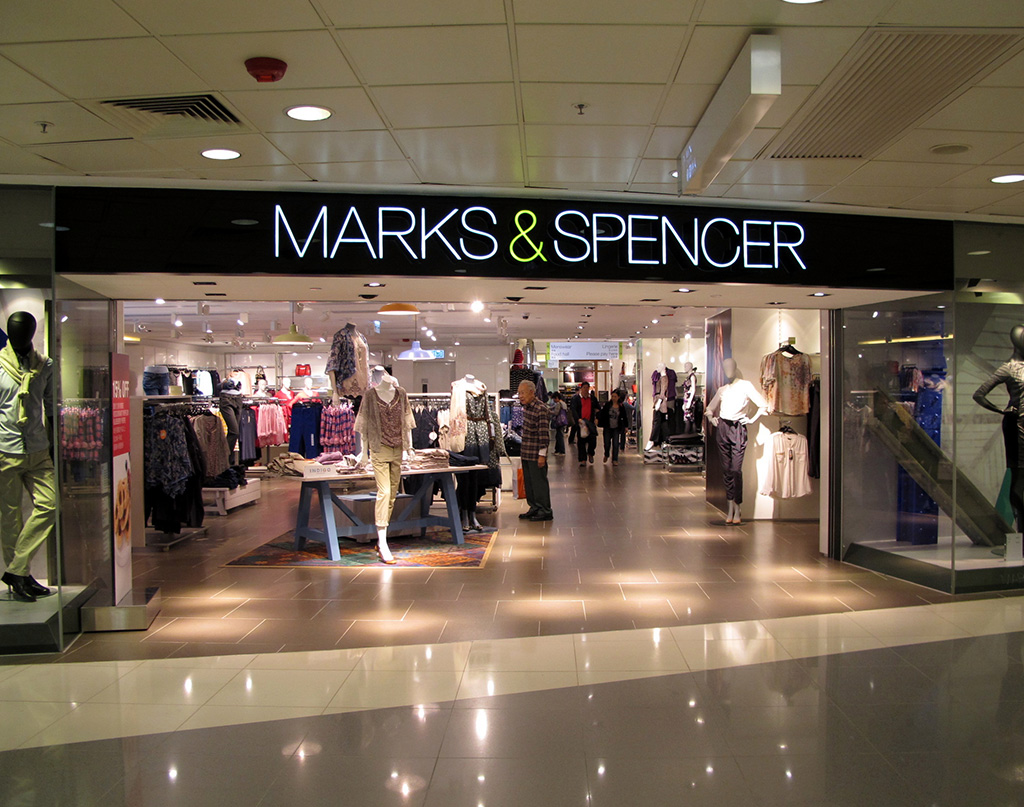As M&S looks set to drop out of the FTSE100 for the first time since it was created in 1984. It’s another blow for the High Street chain and suggests more change may be coming for the company. Contributor Dr Gordon Fletcher, Retail Expert – University of Salford Business School.
Shares in the retailer are down 40 percent this year. Dr Fletcher said: “Today’s departure of M&S from the FTSE100 is a symbolic descent for this former powerhouse of the High Street. The company has been part of the FTSE100 list since it began in 1984 and was the first retailer to break £1bn in pre-tax profits. But a 40 percent decline in share price since last year set against a continuous slow decline changes that story.
“Although the removal from the list of the top 100 UK companies – by their market share – has no immediate impact for consumers it is a signal that change may be around the corner. M&S is no longer a fashion retailer of choice for more and more generations. The retailer holds too many stores that are filled with apparel that struggles to remain relevant against the offerings of newer, dynamic and online outlets. And with this week’s return to school, the role of M&S as the standard bearer uniform store has also been challenged. In recent years the more traditionally food retailers such as Morrison’s and ASDA as well as online stores have equalled or better the offering in terms of both quality and price.
“The ray of hope offered by the growing food side of M&S has also clearly stalled. The ambitious investment in Ocado, the online delivery service, was a late move into online services that was generally seen by investors as an expensive deal to offer expensive ready meals in what has now become a highly competitive and increasingly diet conscious market. Instead of revitalising fortunes the Ocado seems to have sealed the fate of the company and today’s fall out of the FTSE100.”









